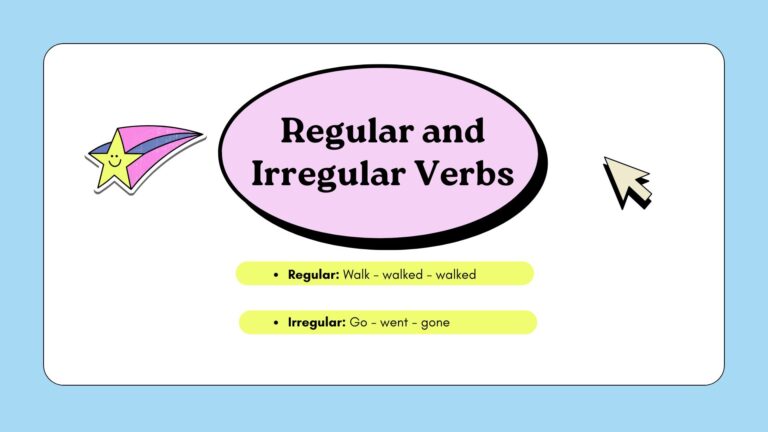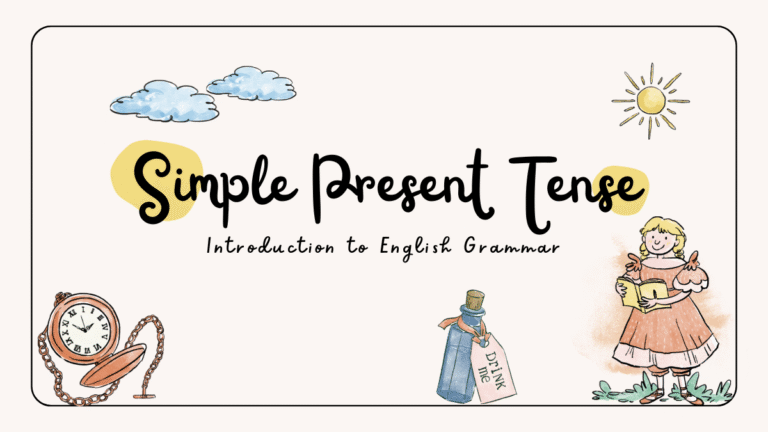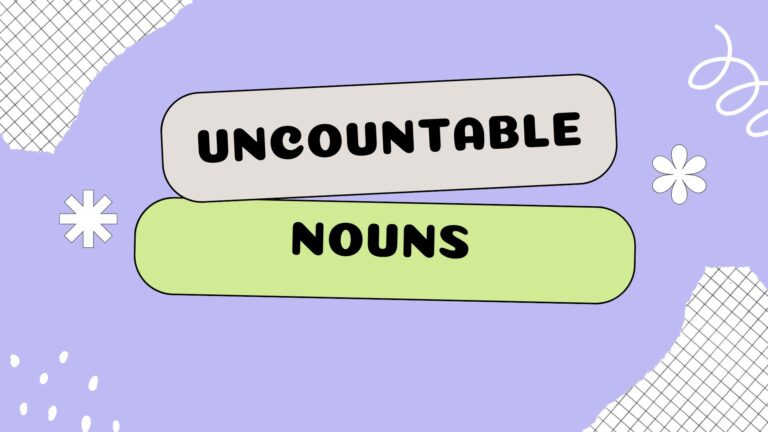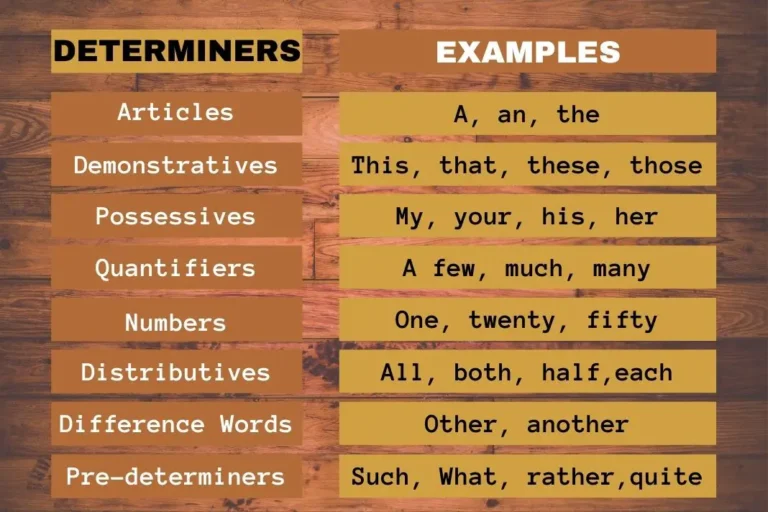Who vs Whom Examples | Easy Guide with Rules & Sentences
Introduction
Many English learners find who and whom confusing. The words look similar, but they play different roles in sentences. The good news is that there is a simple rule to remember which one to use. In this guide, you’ll learn the difference between who and whom, see clear rules, and practice with plenty of who vs whom examples.
What is “Who”?
- Who is used as the subject of a sentence.
- The subject is the person who does the action.
Examples:
- Who is calling you?
- Do you know who won the match?
- She is the one who helped me.
What is “Whom”?
- Whom is used as the object of a sentence.
- The object is the person who receives the action.
Examples:
- Whom did you meet yesterday?
- With whom are you going to the party?
- He is the person to whom I gave the book.
When Can You Skip “Whom”?
In casual English, most people use who instead of whom. For example:
- Casual: Who did you invite?
- Formal: Whom did you invite?
Both sentences are understood, but the second one is grammatically correct. Teachers and examiners still expect whom in formal writing. If you are preparing for IELTS, TOEFL, or any professional exam, use whom correctly. But in friendly conversations, using who is perfectly fine and will not confuse anyone.
Easy Trick to Remember
If you can replace the word with he/she, use who.
If you can replace the word with him/her, use whom.
Examples:
- Who/Whom is at the door? → He is at the door. Correct: Who.
- To who/whom did you speak? → I spoke to him. Correct: Whom.
Who vs Whom Examples
Here are some sentences of who vs whom examples to make it clear:
- Who is your teacher?
- Who called you last night?
- She is the one who always arrives on time.
- Whom did you invite to the wedding?
- To whom should I address this letter?
- The man who lives next door is very friendly.
- Whom are you waiting for?
- Who will help you with your homework?
- The teacher asked who was absent today.
- I don’t know whom they selected for the job.
- With whom are you discussing the project?
- Can you tell me who is responsible for this?
- She asked whom she should trust.
- The student who studies hard always succeeds.
- Whom did you see at the library yesterday?
Who vs Whom in Questions
Many learners get confused when forming questions. The trick is to look at the verb and ask yourself: Is this person doing the action, or receiving the action?
Who vs whom examples:
- Who is knocking on the door? (subject = the person knocking)
- Whom are you waiting for? (object = the person being waited for)
- Who wrote this book? (subject = the writer)
- Whom should I trust? (object = the person receiving trust)
If you practice by identifying the subject and object, you’ll answer these correctly every time.
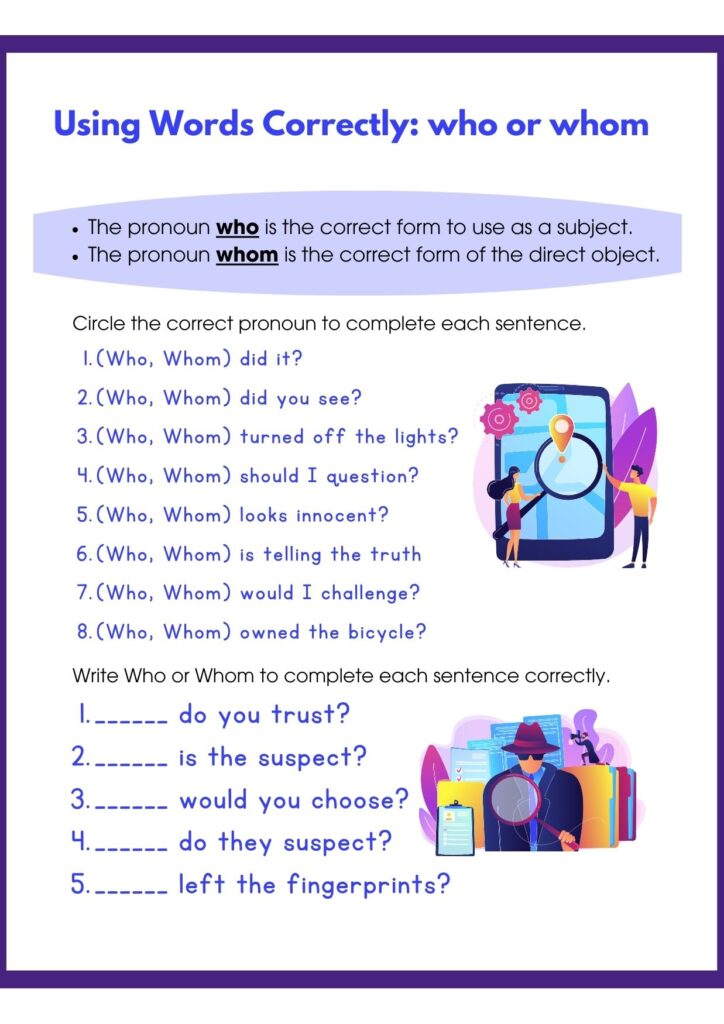
Common Mistakes Learners Make
❌ Incorrect: Who did you give the pen to?
✔ Correct: Whom did you give the pen to?
❌ Incorrect: Whom is knocking on the door?
✔ Correct: Who is knocking on the door?
Q1: Is it wrong to use “who” instead of “whom”?
In casual English, most people say who instead of whom. However, in formal writing or exams, you should use whom correctly.
Q2: Do native speakers use “whom” often?
Not really. Native speakers usually prefer who in daily conversation. Whom is more common in formal writing.
Q3: What is the easiest way to remember the rule?
Just try replacing the word: he/she = who, him/her = whom.
Difference
The difference between who and whom is simple once you know the trick. Remember: who is the subject, whom is the object. Practice with the examples in this guide, and you’ll quickly feel more confident in your English writing and speaking.

